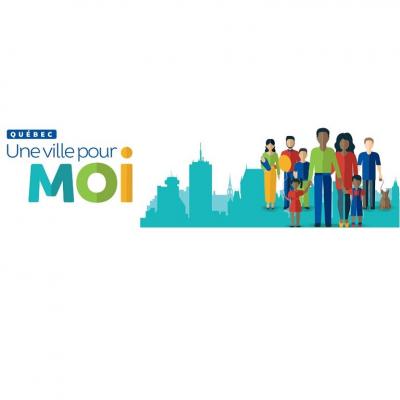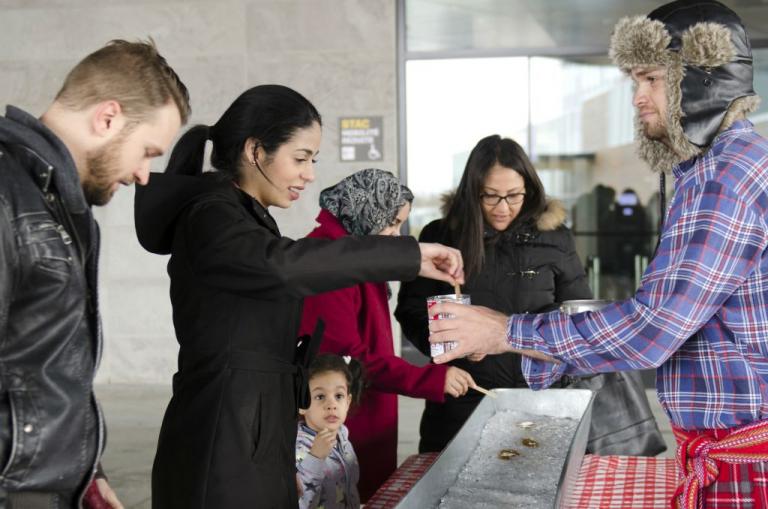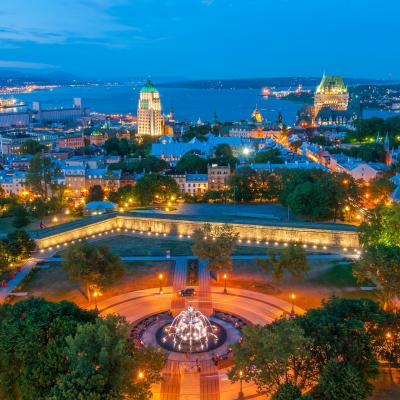
Québec City, a city for me
Background
Québec City has 516,200 inhabitants. The number of immigrants increased from 17,054 in 2001 to 27,230 in 2011, representing 5.4% of the total population. The city faces a demographic challenge. The unemployment rate in the greater Québec City area in 2015 was one of the lowest in Canada at 4.7%. Immigration and foreign recruitment are potential solutions to this issue.
Regional organisations are dynamic and interested in the challenges of immigration. In this context, knowledge and access to services is an issue for immigrant families, particularly with regards to day camps during the summer. The development of organizations’ international skills is a prerequisite for successful integration.
Québec City coordinates the approach Québec City, a City for Me that aims to reduce the main barriers to the integration of immigrant families and improve their living conditions through optimal access to services, especially for young people.
Goal and objectives
Québec City, a City for Me brings together partners from the health, education and employment community, as well as other community actors around common actions: adapted information about services, support for immigrants in their integration and coordination of common integration program.
The main objectives are:
- Improve the intercultural skills of organizations, particularly those working with youth.
- Facilitate the welcoming and the integration of the immigrant youth in the summer camps.
- Contribute to the integration and to keep the immigrant families on our territory.
Implementation
Québec City, a City for Me is inspired by the municipal policy on welcoming, integrating and retaining immigrant individuals and the social development vision of Québec City.
The actions carried out to date are:
- A network of intercultural agents offering families cross-cutting and intersectorial support, depending on their needs. This network is coordinated by a committee of representatives from education, health, employment, multi-ethnic center and the city. The network works in the community and supports families to find the resources, particularly the summer camps.
- Operational and financial support is provided to register for summer camps for children, mostly refugees arrived during the past year. Information about summer camps is sent to families as well as assistance in completing the application forms and document translations.
- Awareness of cultural diversity in the context of summer camps through workshops, common values promotional activities and cultural mediation;
- Training of summer camp instructors so they can interact with young people (diversity management, knowledge about their communities and their realities, etc.)
Results
890 families were assisted in 2015-2016 within the network of intercultural agents.
In terms of awareness about cultural diversity in the context of summer camps, 700 interventions with parents, children or agency staff were made during the summer, 6,500 children participated in intercultural awareness activities and 200 instructors were trained.
City
Owner



